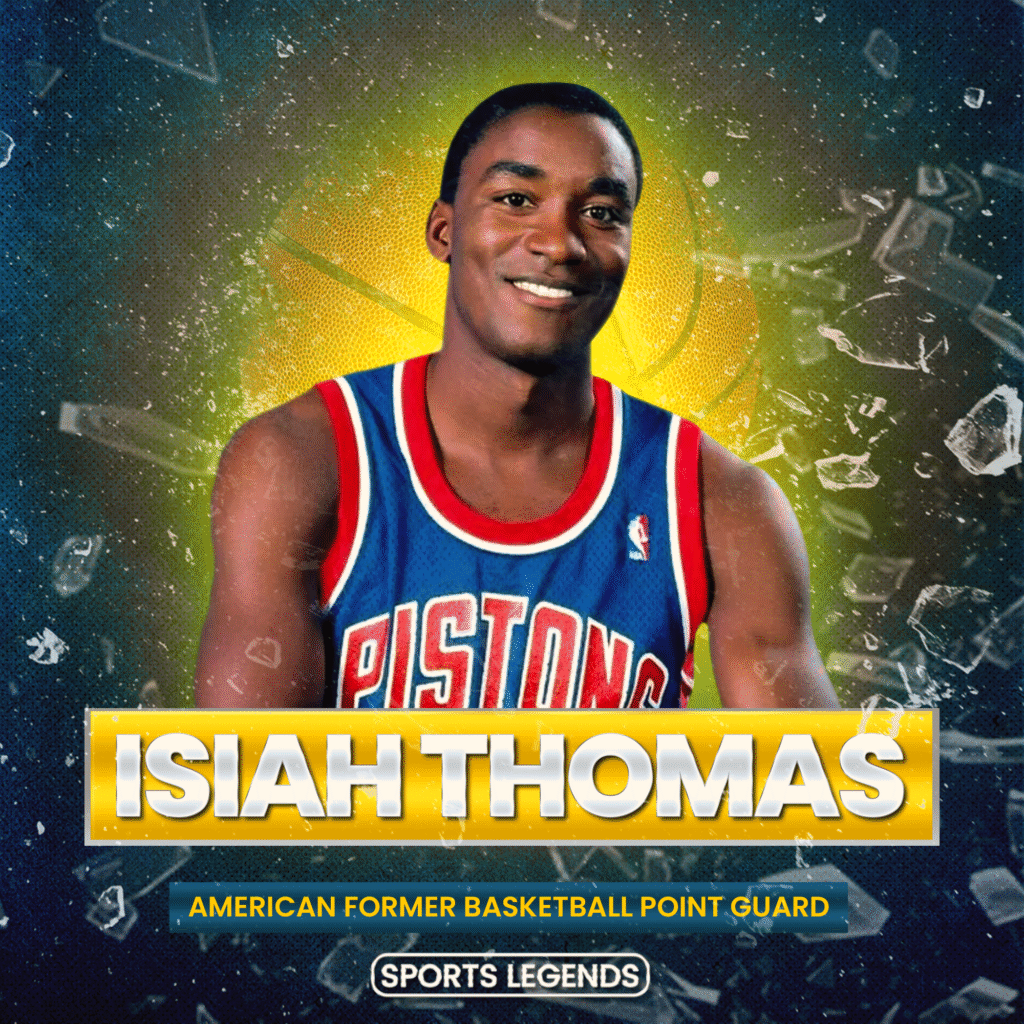During his time in the NBA, Isiah Thomas was most identifiable by his defiant grin, small stature, and gracious off-court persona that could turn vicious as soon as the clock struck – a temperament that resulted in a lot of bloody lips, broken ankles, and championship banners.
The youngest of nine children from a family that lived on Chicago’s west side, Isiah grew up in a rough area where faith in something better was all that got most people by.
It was a place where poverty was real and gang violence was a constant threat, yet Isiah’s mother kept him focused, her loving guidance going a long way to help him stay alive.
Thanks to her loving influence, Isiah would go on to excel playing ball at Indiana University under the leadership Coach Bobby Knight, winning an NCAA title in 1981 that would lead to Detroit selecting him second overall in the NBA Draft that took place that very same year.


 Please check your email for your login details.
Please check your email for your login details.
